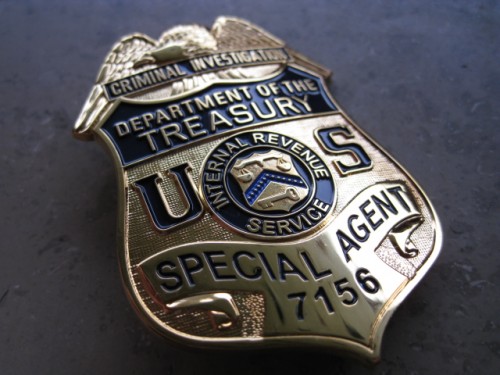The IRS Criminal Investigation unit released new statistics on March 28 highlighting how the agency has investigated financial crimes using Bank Secrecy Act data.
Under the BSA, which was enacted in 1970, financial institutions use suspicious activity reports to notify the federal government when they encounter instances of potential money laundering or tax evasion. This data is used by federal agencies like IRS-CI to investigate money laundering and related financial crimes.
During fiscal years 2022, 2023, and 2024, 87.3% of IRS-CI’s criminal investigations recommended for prosecution had a primary subject with a related BSA filing, and adjudicated cases resulted in a 97.3% conviction rate with defendants receiving average prison sentences of 37 months. IRS-CI also used BSA data to identify $21.1 billion in fraud tied to tax and financial crimes, seize $8.2 billion in assets tied to criminal activity, and obtain $1.4 billion in restitution for crime victims.
- Related article: IRS-CI Has Kept Busy Investigating COVID, ERC Fraud Cases

“Public-private partnerships thrive when everyone mutually benefits, and to enhance our partnership with the financial industry, we plan to launch CI-FIRST which will promote information-sharing, streamline processes, and demonstrate how valuable BSA data is to criminal investigations,” said IRS-CI Chief Guy Ficco.
CI-FIRST (Feedback in Response to Strategic Threats), which was introduced on Friday, is a new initiative that will establish ongoing engagement with financial institutions, IRS-CI said.
The program will ensure that financial institutions receive quantifiable results from IRS-CI on how the agency uses suspicious activity reports to investigate federal crimes. As part of this initiative, IRS-CI will also streamline subpoena requests and share pointers with financial institutions on what to include in suspicious activity reports to maximize impact.
CI-FIRST will address what’s working and what can be improved, offering continuous lines of communication between partners, IRS-CI said. The IRS unit’s headquarters will work with larger financial institutions that have a national and international presence, while its field office personnel will work with regional and community banks and credit unions.
IRS-CI special agents ran an average of 966,900 searches annually against currency transaction reports during the last three fiscal years. Nearly 1,600 cases were opened in fiscal year 2024 with at least one currency transaction report on the primary subject. The data also indicates that 67.4% of cases opened by IRS-CI had a subject with one of more currency transaction reports below $40,000, with 50% of currency transaction reports involving amounts less than $22,230.
BSA data has also proven to be effective in helping IRS-CI combat narcotics trafficking and pandemic-era tax fraud. Since fiscal year 2020, IRS-CI has used BSA data to initiate nearly 1,300 investigations with ties to fentanyl and investigate alleged Employee Retention Credit fraud totaling $5.5 billion.
Thanks for reading CPA Practice Advisor!
Subscribe Already registered? Log In
Need more information? Read the FAQs




